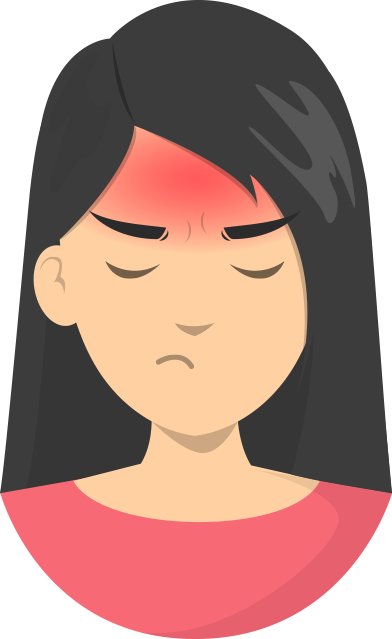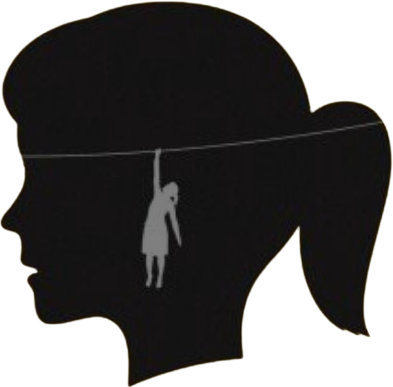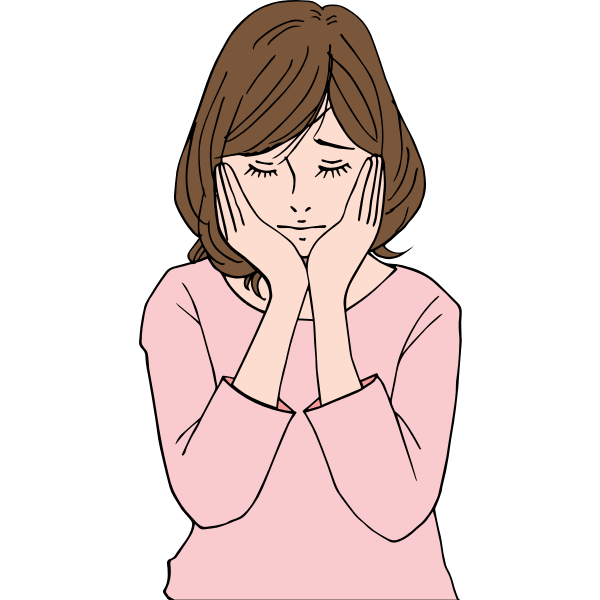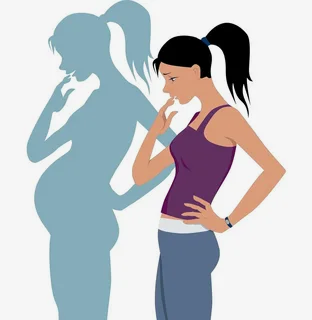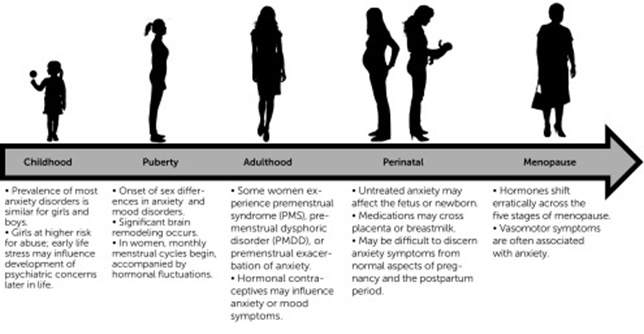
Puberty
Female puberty is marked by the initiation of menses (menarche) and its accompanying monthly fluctuations in ovarian steroid hormones.
It is at puberty that sex differences in anxiety begin to emerge, with a higher rate among girls as they enter adolescence independent of age.
Ovarian steroids (e.g., estradiol, progesterone) and their metabolites are neuroactive, affecting neurotransmission at several receptors in the central nervous system. Hormonal fluctuations initiating with puberty may play a role in the etiology of anxiety disorders.
Puberty may also be a time of increased psychosocial stress, which may contribute to occurrence of anxiety symptoms
The Menstrual Cycle
The menstrual cycle includes two stages: the follicular and luteal phases.
ovarian hormone levels are quite variable within as well as between phases.
At onset of menstruation, typically considered day 1 of the cycle, ovarian hormones estradiol and progesterone are both low.
However, under conditions of rising follicle stimulating hormone secreted from the pituitary, ovarian estradiol levels increase and peak at ovulation, approximately day 14
With ovulation, progesterone levels begin to rise, increasing more than 20-fold over the course of the luteal phase.
Estradiol levels decline immediately after ovulation but then rise again in concert with midluteal phase progesterone.
Finally, during the late luteal phase, progesterone and estradiol levels precipitously drop if pregnancy has not occurred, followed by menses and the next cycle.
80% of reproductive-age women experience at least one physical, mood, or anxiety symptom in the luteal phase.
20% experience significant premenstrual symptoms
5%−8%, experience premenstrual dysphoric disorder (PMDD), a mood disorder that often has a strong anxiety symptom component
common biopsychosocial pathways between anxiety disorders and PMDD
Increased anxiety sensitivity and perceived control over anxiety-related events are potential contributors
Women with anxiety disorders may also experience premenstrual exacerbation of symptoms,
Pregnancy and Postpartum
During pregnancy, estrogen and progesterone levels increase exponentially, then drop rapidly within hours of delivery.
Stress or depression during pregnancy can have profound effects on both the woman and fetus, with implications for development through childhood and into adulthood
Menopausal Transition
- As menopause approaches, ovarian hormones fluctuate erratically, and periods become irregular.
- Division of the menopause transition into five stages (ENN-5 staging system )
- premenopausal (regular menstrual cycles of 21–35 days),
- late premenopausal (one observed change in cycle length of at least seven days),
- early transition (at least two cycles with cycle length changes of at least seven days),
- late transition (greater than or equal to three months of amenorrhea),
- postmenopausal (greater than or equal to 12 months of amenorrhea)
- The menopausal transition may be a time of increased stress because women experience a life transition accompanied by physical symptoms, such as hot flashes and insomnia.

